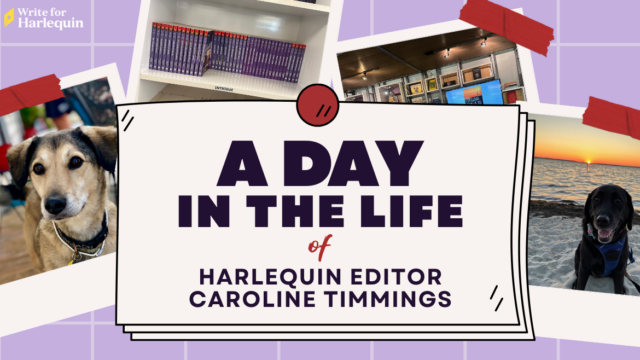Here’s another Historical–@IsabellaHauthor (aka Isabella Hargreaves) features a potential Australian setting–very interesting!
1817 New South Wales
The road from Emu Plains to Parramatta was unusually quiet on this warm November day. William Wardell was almost home – home being his verandahed Georgian house overlooking the Nepean River. He was eager to see his daughter Katherine again after three long months away supervising shearing and lambing on his Bathurst Plains property, with only his shepherds for company.
The afternoon was ebbing fast as his horse’s effortless canter swallowed the long miles of dusty road. The station dray was following in his wake, but it was too slow for a man in a hurry to be home.
He wore the ‘uniform’ of the colony of New South Wales – duck-weave trousers, boots and coarse waistcoat. Even without a coat, perspiration trickled down his weather-beaten face from beneath his cabbage-tree hat. He absently mopped it away with the sleeve of his linen shirt.
Oppressive pulses of cicada song battered the air. Hooves thudded and saddle leather creaked, overlaying the stillness of the bush. Sunlight reflected off the craggy outcrop of rocks ahead where the road ran through a cutting. He squinted in the bright light.
A gunshot rang out. William’s hand instinctively seized his pistol and cocked it, but before he could pull the trigger another shot brought searing pain to his shoulder. The weapon fell from his senseless hand. He spurred his horse onward to escape, but a third shot crumpled him and his reflex jerk on the reins checked his flight.
Two men clad in filthy government-issue appeared on the rocks above the road. ‘Stand and deliver,’ one shouted.
Slumped over his horse’s wither, blood pumping from his body, William had little choice. In seconds they had pulled him down, collected his pistol and emptied his pockets. They mounted his horse and left him to die on the road to Parramatta.
***
Woodleigh, England
February 1818
The day’s mail lay neatly on the library mantelpiece.
Alexander Woodleigh, Viscount Linton languidly fingered the post as he searched for a handwriting of interest. He was a man looking for change – for a new way of living – one that didn’t replicate his past and certainly didn’t follow in his father’s footsteps. Tossing several invitations to one side, his hand hesitated, then pounced upon an unusual envelope. Quickly his finger broke the seal. This missive seemed to herald all of those things.
“Charlotte, listen to this!”
Little Woodleigh
Parramatta, New South Wales
16 November 1817
My dear cousins
Please pardon my presumptuousness in writing to you although we are not yet acquainted. However, I have tragic news to convey.
One week ago, your cousin, my father, William Wardell, was killed by escaped convicts. We buried him at Parramatta and I write now as the upset and rush of activity is over.
Once more, I am at home at our family property, named after your home. As there has been no contact between my father and you since his departure from England, I shall tell you of his life here.
Feedback from the Historical Team:
“Funnily enough, with this first page, my eye immediately jumped to the second paragraph, which really set the pace and the urgency of the scene. Switching this with the first paragraph would draw readers in from the very first line –it’s not always necessary to give all your information in that first paragraph!
This has a great, vivid style, making it really easy to visualise that long, hot road ahead and the frustration of William wanting to get home. There’s a lovely contrast between the lazy pace of the November heat and the urgency of this man.
However, it is worth noting that using William to introduce this story, it could set him in our minds as the romantic hero – which we later find out is not the case. As a reader approaching this Historical romance, I would normally expect to see the hero, heroine or both appear on the first page. Perhaps this might be solved by clearly marking this section as a Prologue, or by changing the style slightly so we’re more distanced from William’s thoughts. Or maybe we could have seen this moment from the heroine’s point of view – as she waits for her father to come home?
The next section promises a strong, interesting hero in Alexander and hints at William’s daughter Katherine as the heroine. Just a note – if Katherine is Alexander’s cousin, I did wonder how closely this hero and heroine might be related. Again, although it’s great to intrigue your readers and we’re always encouraging authors to play with expectations, to avoid confusion you do need a stable framework and characters for readers to emotionally invest in right from the start!”




